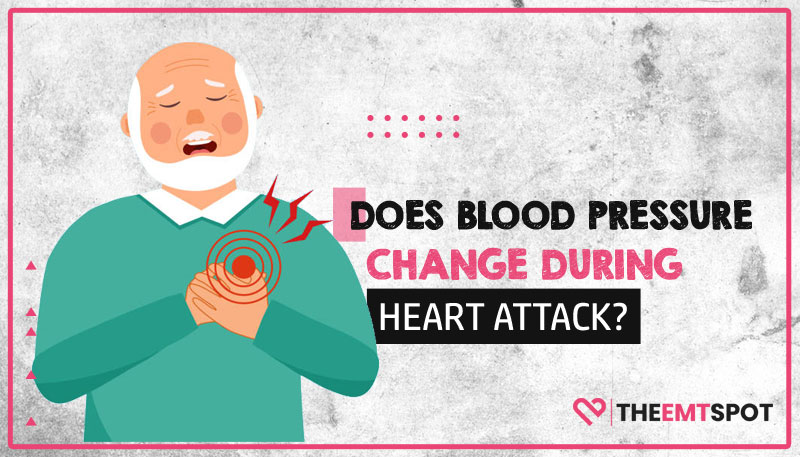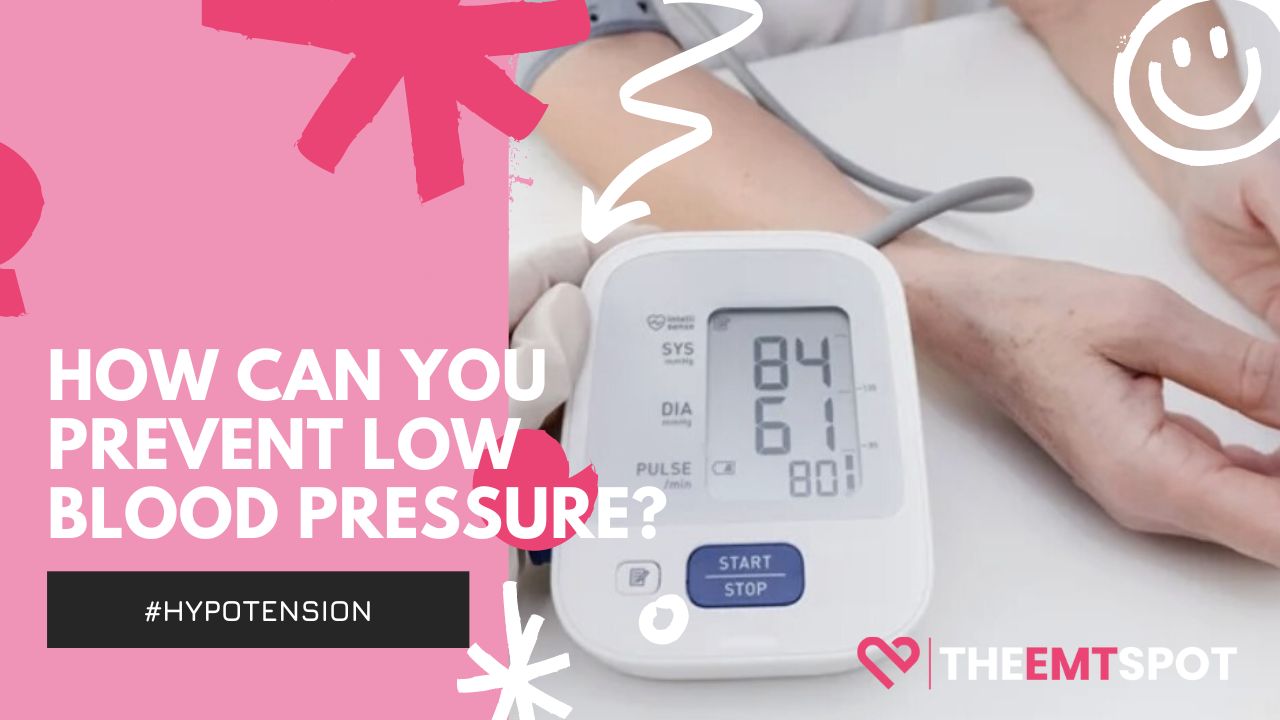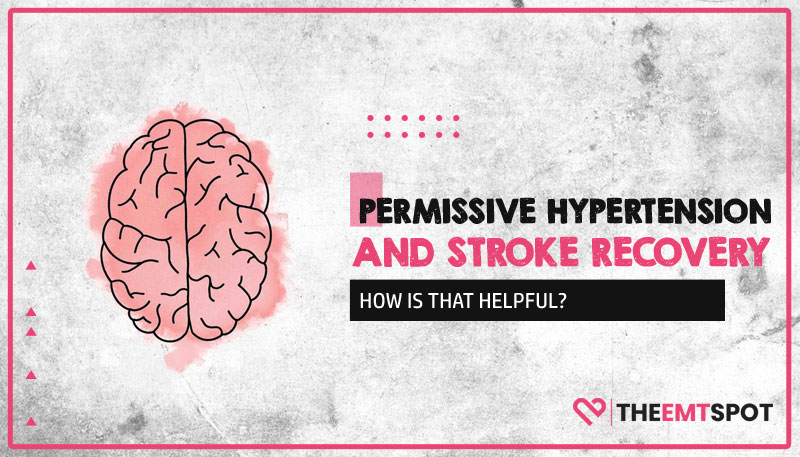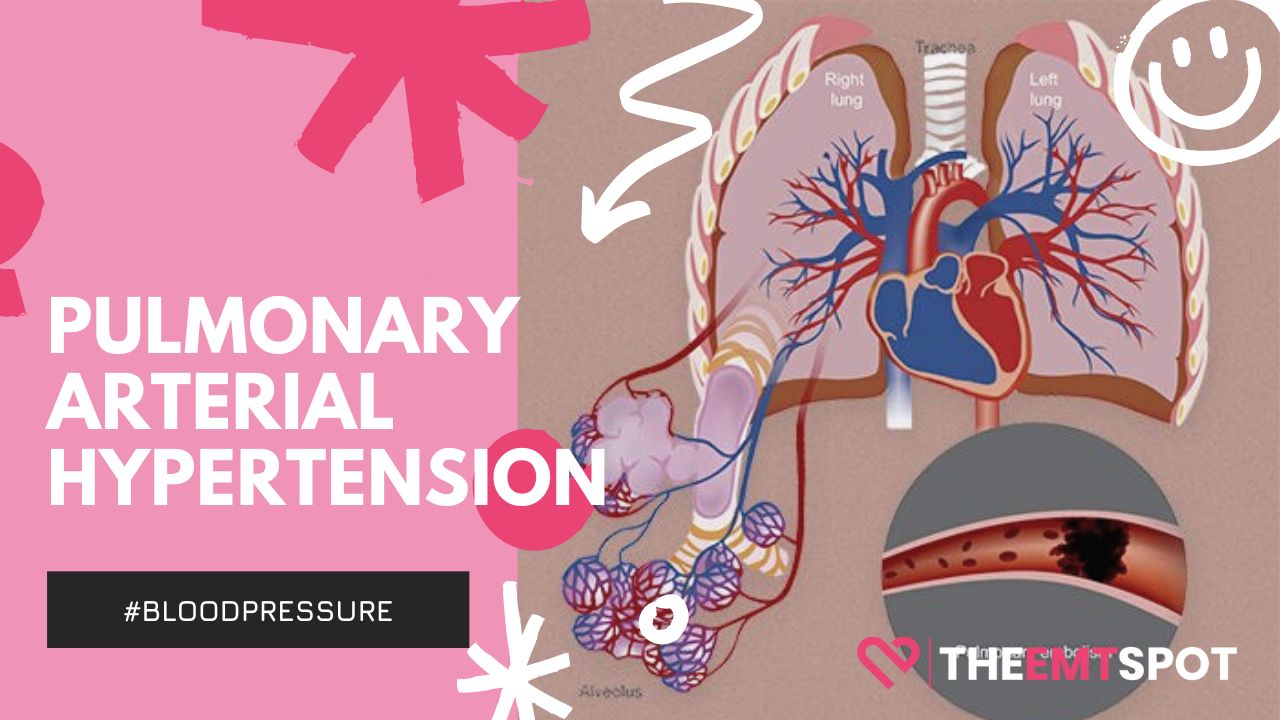Want to know “Does blood pressure change during a heart attack? This comprehensive guide will help obtain a clear picture of the steps to eliminate its chances.

Quick Summary
- Changes in blood pressure may rise, dip or stay stable during a heart attack.
- A change in blood pressure is not certainly a sign of a heart attack. However, a combination of symptoms can indicate what one should look out for.
- You can prevent a heart attack by managing stress, limiting alcohol, quitting smoking, exercising, and starting a healthy diet.
When a person is facing the condition of a heart attack, the pressure in their blood vessels can rapidly change and can have devastating consequences if left untreated.
However, in some cases, it doesn’t. Therefore, the discussion surrounding BP fluctuations during a heart attack is limited because most doctors don’t use it as an indicator of a heart attack.
While it’s possible to see such changes, some other warning signs of a heart attack are more accepted.
Contents
What Happens When Blood Pressure Increases During A Heart Attack?
When someone has a heart attack, their blood pressure may stay stable. These changes can vary from person to person.
Increase
High blood pressure is a reading that is anywhere over 140/90. One should be aware of the measuring process and the blood pressure chart to recognize signs of danger.
There can be an increase in the pressure of the blood during an attack. In case of an increase in blood pressure, the release of chemicals like adrenaline may take place.
Hypertension can also be noticed in an individual during this condition which is also caused due to increased blood pressure. Managing stress is important in order to ensure that these conditions are under control.
Due to overdriving of the sympathetic nervous system during a heart attack, the pressure of the blood may increase.
However, certain changes in lifestyle and the intake of proper medications might help you to lower your blood pressure.
Decrease
Low blood pressure can be observed during a heart attack. In this, a person can observe low blood pressure readings. This condition is due to decreased blood pumping from the heart since the tissues get damaged.
Since the blood flow shuts down completely, it can lead to a shocking state or the killing of tissues. This, in turn, decreases the amount of blood that the heart can pump.
Another reason for the sudden drop in blood pressure is due to the chronic pain that a heart attack can cause. This pain can trigger vasovagal responses, which is a nervous system reaction observed in certain individuals.
PNS, or the parasympathetic nervous system, may overdrive itself during a heart attack. This is responsible for maintaining the resting state of the body and leads to the lowering of BP.
Stable blood pressure
On a normal level, 115/75 mmHg of Bp is thought to be ideal or stable since it carries the lowest risk for vascular diseases.
The condition under which there are no to minimal changes is called a silent heart attack. During this, blood pressure remains stable and is often accompanied by none to few symptoms.
Such attacks are identified through MRI or electrocardiogram.
Does A Change In Blood Pressure Always Signify A Heart Attack?
A change in blood pressure is a common sign of a heart attack, but it does not always signify the same.
Additionally, these pressure changes can sometimes result from other medical conditions or problems, not just a heart attack.
One should note that the blood pressure readings vary to a significant level and are accompanied by other symptoms. It is best to get an emergency checkup done as soon as possible. Make sure you look out for the following:
- Shortness of breath.
- Sweating.
- Nausea.
- Upper body discomfort.
- Swelling in legs.
- Anxiety.
- Light-headedness.
- Irregular or rapid heartbeat.
How To Prevent Heart Attack?
Since blood pressure changes are responsible for heart attacks, it is always recommended to take measures to keep it under control.
Having a healthy diet
A healthy diet for BP includes plenty of fruits, vegetables, and whole grains. Avoid processed foods and foods high in saturated fat since these lead to deposition in blood vessels.
Exercise more
Aim to exercise for at least 30 minutes a day or every other day. This can be walking, biking, swimming, or anything else that increases your heart rate.
You can also opt for breathing exercises to manage blood pressure.
Quit smoking & avoid alcohol
Blood pressure is one cardiovascular parameter that smoking has an impact on. Besides this, high alcohol consumption tends to reflect changes in this condition in two phases. It first increases and then decreases the BP.
One should limit alcohol intake, quit smoking, and even avoid secondhand smoke to reduce the risk of a heart attack.
Learn to manage stress
Stress management plays a crucial role in preventing and curing most health-related issues. Simplify your schedule as much as possible and join community meetings.
The Bottom Line
Apart from the fact that blood pressure does not always change during a heart attack, it’s always better to keep it under control.
One can add natural supplements to lower blood pressure, but remember to talk to your doctor before doing so.
Leading a healthy lifestyle is the first step towards having a healthy heart. If, under any condition, you feel like the changes are at a significant level, do not wait or hesitate to rush to the hospital.





 Robin Backlund is a dedicated journalist and a medical student who has written several articles and essays exposing the falseness and hollowness of online resources in the medical science niche.
Robin Backlund is a dedicated journalist and a medical student who has written several articles and essays exposing the falseness and hollowness of online resources in the medical science niche.